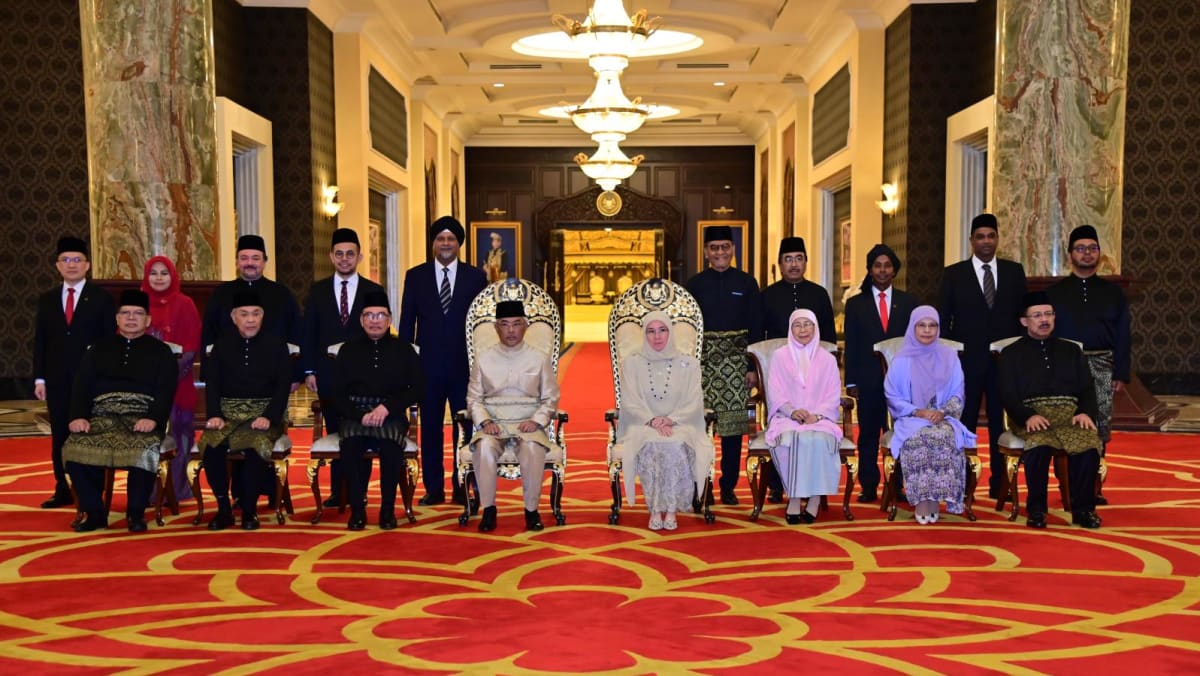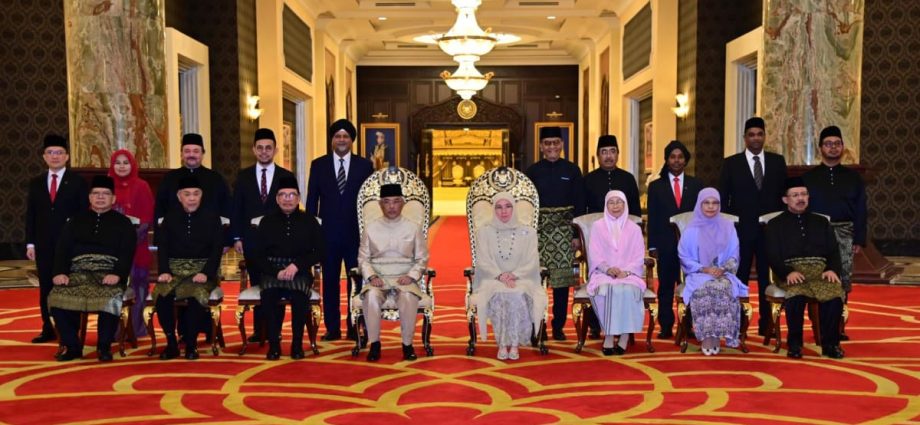
JOHOR BAHRU: The personnel changes in Malaysia Prime Minister Anwar Ibrahim’s first Cabinet reshuffle show his priority is to steady the ship domestically by tapping more on experienced hands and technocrats, especially given the economic challenges, say analysts.
Additionally, they told CNA that Mr Anwar also remains committed in maintaining the right balance across the different parties of his unity government, especially in ensuring that key players Democratic Action Party (DAP) and the United Malay National Organisation (UMNO) are represented adequately.
However, analysts also pointed out that the cabinet reshuffle was a missed opportunity to make more sweeping changes and replace some ministers who have been criticised for below-par performances.
Political analyst Dr Azmi Hassan of the Nusantara Academy for Strategic Research told CNA that while some of the changes can be lauded, it was a wasted chance to replace other key ministers who have not performed.
“The surprise here is that some ministers who have done far worse have not been axed. There have been grumblings from the public and this has perhaps not been addressed by this cabinet reshuffle,” he said.
Mr Anwar had announced the new line-up for his Cabinet on Tuesday morning (Dec 12), expanding it from 28 to 31 full ministers, with five new ministers being sworn in and one being dropped altogether.
He also confirmed portfolio swaps for key ministries of health, foreign affairs, defence, higher education as well as federal territories.
Two ministries were split into four to meet the growing demands of each portfolio, such as the Ministry of Communications and Digital Ministry morphing into the Ministry of Communications and the Ministry of Digital.
“The situation is fluid and changing, in terms of the economy and the issues faced by the people, including rising costs of living, have to be handled properly,” said Mr Anwar during his press conference.
He added that Malaysia was struggling with “international acceptance”, which prompted him to make changes to the foreign ministry.
“We are also looking to explore new areas, like artificial intelligence, digital transformation, which made me consider some changes based on the situation we are in and the needs of the country presently,” said Mr Anwar.
BANKING ON EXPERIENCE
A key highlight of the cabinet reshuffle was the return of high-profile names who served as ministers in previous administrations.
These included the Minister of Health Dzulkefly Ahmad and Minister of Digital Gobind Singh, both of whom served in the Pakatan Harapan government under former prime minister Mahathir Mohamad between 2018 and 2020.
UMNO politician Johari Ghani, who was second finance minister under former premier Najib Razak, has also returned as Minister of Plantation Industries and Commodities.
Political observer Ong Kian Ming, who is director of the philosophy, politics and economic programme at Taylor’s University, told CNA that Dr Dzulkefly’s appointment allows Mr Anwar to replace “an underperforming health minister who has made a few errors” with an experienced hand who endeared himself to Malaysians in managing the COVID-19 pandemic.
Mr Ong noted that Dr Dzulkefly’s predecessor, Dr Zaliha Mustafa, has drawn flak during her tenure particularly for not managing the generational end-game (GEG) bill which was an initiative to ban the sale of tobacco and related products for those born in 2007 and after.
Lawmakers from the unity government and the opposition recently criticised Dr Zaliha for dropping the GEG clause in the bill, alleging that she had buckled under pressure from tobacco lobbyists and industry players.
Health experts said the clause would have protected those born from 2007 by prohibiting them from ever legally buying smoking products.

